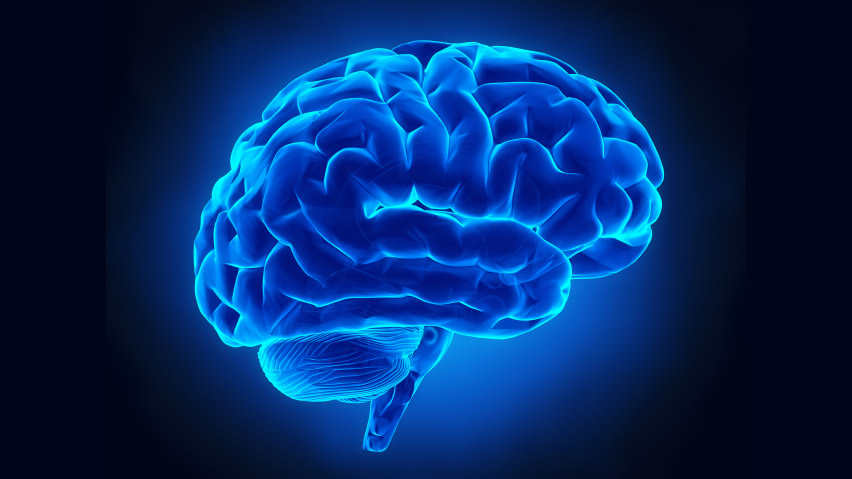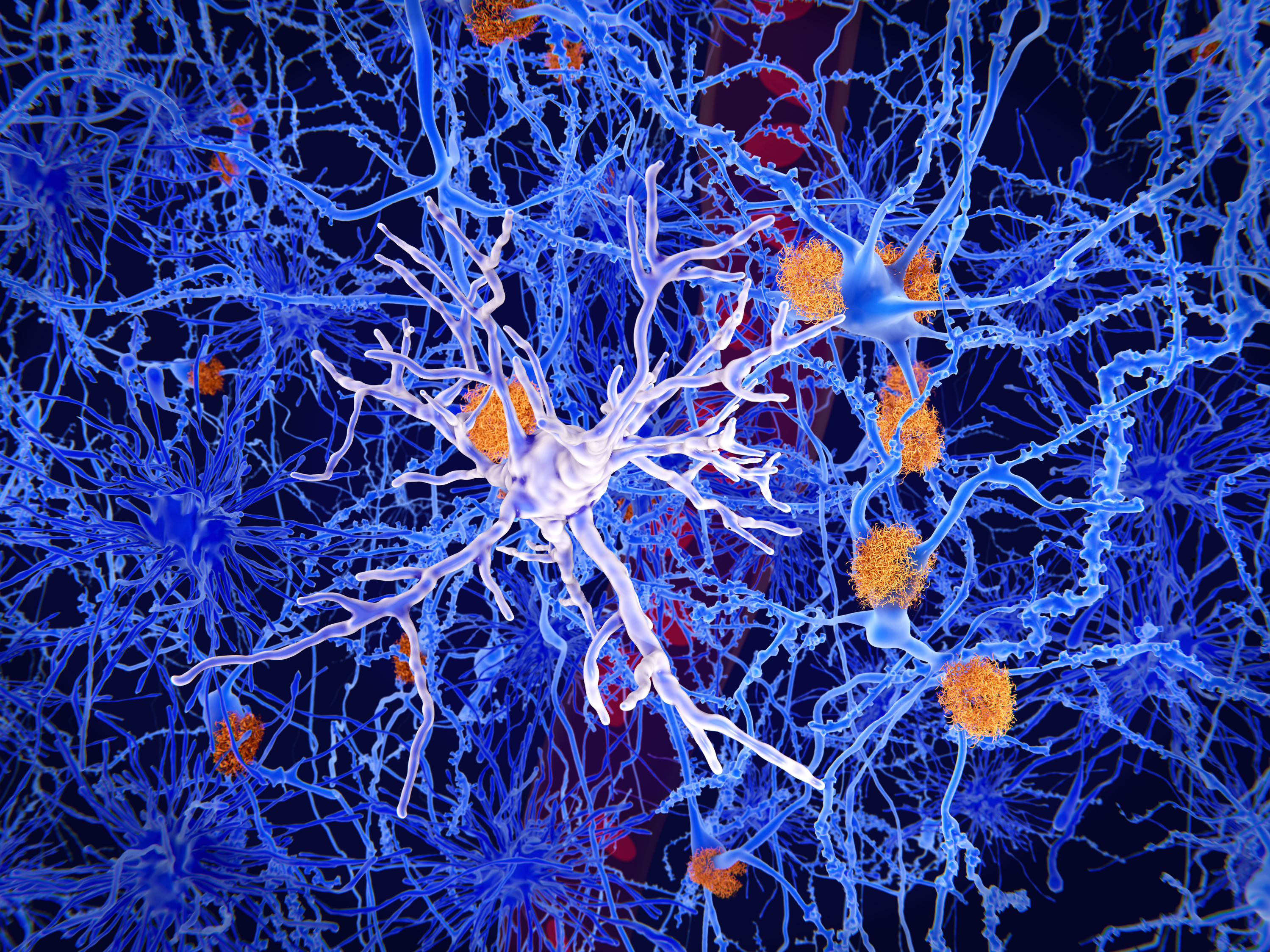CBD Medicine In Alzheimer’s Disease - Using CBD As A Cure
Endocannabinoid signaling is "essential to a number of molecular and cellular activities necessary for learning and memory," according to the researchers. Alzheimer's disease is characterized by a progressive mental decline that begins in middle or late age and is connected to genetic, lifestyle, and environmental factors. It causes memory, language, and cognitive skills to deteriorate. While indica strains of cannabis have traditionally been used to help calm patients and alleviate symptoms of the illness, new research shows that the disease is closely linked to the endocannabinoid system, and with the re-emergence of CBD medicine in Alzheimer's disease, cannabinoid-based treatments are likely to become more common.
Author:Suleman ShahReviewer:Han JuApr 10, 20232K Shares256.8K Views

Endocannabinoid signaling is "essential to a number of molecular and cellular activities necessary for learning and memory," according to the researchers. Alzheimer's disease is characterized by a progressive mental decline that begins in middle or late age and is connected to genetic, lifestyle, and environmental factors. It causes memory, language, and cognitive skills to deteriorate. While indica strains of cannabis have traditionally been used to help calm patients and alleviate symptoms of the illness, new research shows that the disease is closely linked to the endocannabinoid system, and with the re-emergence of CBDmedicine in Alzheimer's disease, cannabinoid-based treatments are likely to become more common. Cannabinoids protect neuronal circuits by neutralizing free radicals, lowering inflammation, enhancing mitochondrial function, removing beta amyloid, and clearing away cellular debris, hence such treatments are showing promise for a variety of brain-related disorders.
CBD's protective, anti-oxidative, and anti-apoptotic actions on the brain have been documented by scientists since 2004, resulting in a reduction in amyloid-induced neurotoxicity. Researchers five years later wrote about the synergistic potential of cannabis constituents like CBD and THC: The great therapeutic value of CBD, either given alone or in combination with THC, derives from the consideration that it represents a rare, if not unique, compound capable of affording neuroprotection through the combination of different types of properties (e.g., anti-glutamatergic effects, anti-inflammatory action, and antioxidant effects) that almost cov (excitotoxicity, inflammatory events, oxidative injury, etc.).
The toxic development of plaque in the brain tissue, together with the associated inflammation, is one of the pathology indicators of Alzheimer's disease. THC decreased plaque overgrowth, according to a 2008 study, which was later supported by further research. It also inhibits inflammation, which damages neurons in the brain, according to the study. Dr. David Schubert, one of the study's leading researchers, commented, "It is reasonable to conclude that cannabis has therapeutic potential for the treatment of Alzheimer's disease."
How To Take The Medicine - Dosage And Delivery
Patients should collaborate with a healthcare professional who has experience recommending CBD or medicinal cannabis to establish and fine-tune dosage and delivery methods on an individual basis. At the same time, well-informed patients can act as their own health consultants.
Refer to the dosage tables on pp. 61–63 for CBD dosage recommendations based on body weight for all orally taken drugs. Always begin with a micro dose to determine sensitivity, then gradually increase your dose within the dosing range based on your body weight until your symptoms disappear. When titrating up to a target standard or macro dosage range, patients with Alzheimer's disease should be vigilant to ensure minimal psychotropic effects. The effects of myrcene-rich varieties are more soothing.
However, sleep problems may benefit from products containing sedating, indica-dominant varieties with higher THC levels. It is recommended that each dose contain no more than 5–10 mg THC. Sativa-dominant strains might cause hyperactivity and detachment, so stay away from them. For the safety of patients with advanced dementia, smoked or vaporized items are not suggested.
Many patients use concentrated types of cannabis oil orally, either in capsule form or by mixing it into their food, when substantial amounts are required (nut butters seem to work well). CO2-extraction is used to make the purest and most powerful concentrates.
Final Thoughts
CBD can also aid with cognitive issues, which can be measured and validated by family and caretakers in many circumstances. Some patients have improved verbal language, orientation, communication with their surroundings, and emotional stability-all within reasonable expectations and in relation to the stage of the disease and the circumstances of each patient.

Suleman Shah
Author
Suleman Shah is a researcher and freelance writer. As a researcher, he has worked with MNS University of Agriculture, Multan (Pakistan) and Texas A & M University (USA). He regularly writes science articles and blogs for science news website immersse.com and open access publishers OA Publishing London and Scientific Times. He loves to keep himself updated on scientific developments and convert these developments into everyday language to update the readers about the developments in the scientific era. His primary research focus is Plant sciences, and he contributed to this field by publishing his research in scientific journals and presenting his work at many Conferences.
Shah graduated from the University of Agriculture Faisalabad (Pakistan) and started his professional carrier with Jaffer Agro Services and later with the Agriculture Department of the Government of Pakistan. His research interest compelled and attracted him to proceed with his carrier in Plant sciences research. So, he started his Ph.D. in Soil Science at MNS University of Agriculture Multan (Pakistan). Later, he started working as a visiting scholar with Texas A&M University (USA).
Shah’s experience with big Open Excess publishers like Springers, Frontiers, MDPI, etc., testified to his belief in Open Access as a barrier-removing mechanism between researchers and the readers of their research. Shah believes that Open Access is revolutionizing the publication process and benefitting research in all fields.

Han Ju
Reviewer
Hello! I'm Han Ju, the heart behind World Wide Journals. My life is a unique tapestry woven from the threads of news, spirituality, and science, enriched by melodies from my guitar. Raised amidst tales of the ancient and the arcane, I developed a keen eye for the stories that truly matter. Through my work, I seek to bridge the seen with the unseen, marrying the rigor of science with the depth of spirituality.
Each article at World Wide Journals is a piece of this ongoing quest, blending analysis with personal reflection. Whether exploring quantum frontiers or strumming chords under the stars, my aim is to inspire and provoke thought, inviting you into a world where every discovery is a note in the grand symphony of existence.
Welcome aboard this journey of insight and exploration, where curiosity leads and music guides.
Latest Articles
Popular Articles
